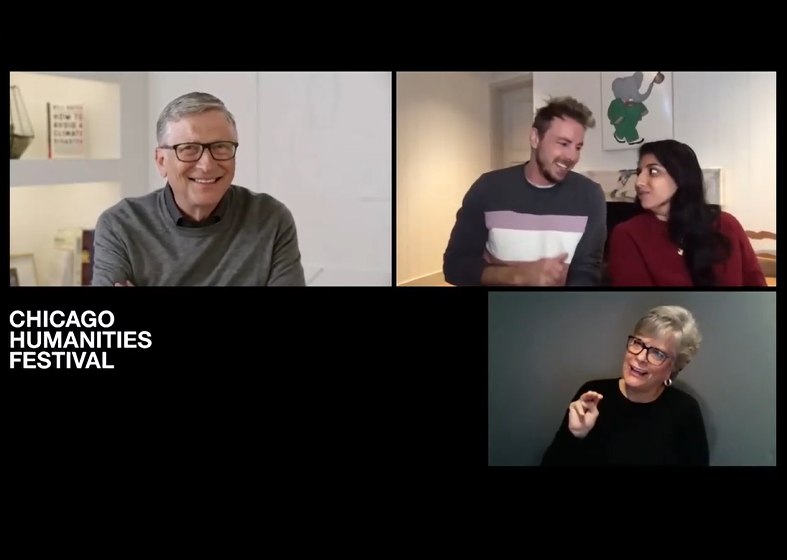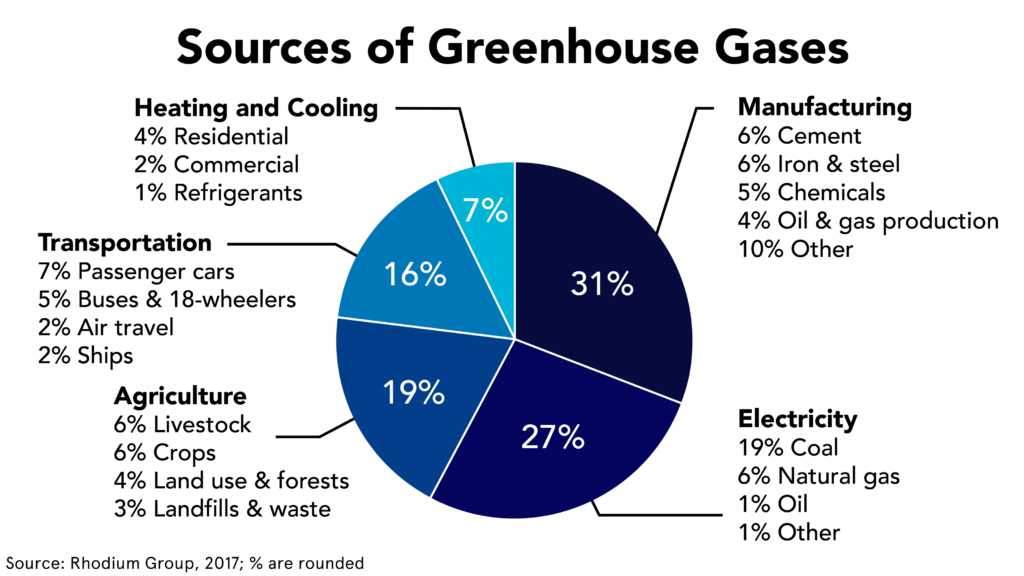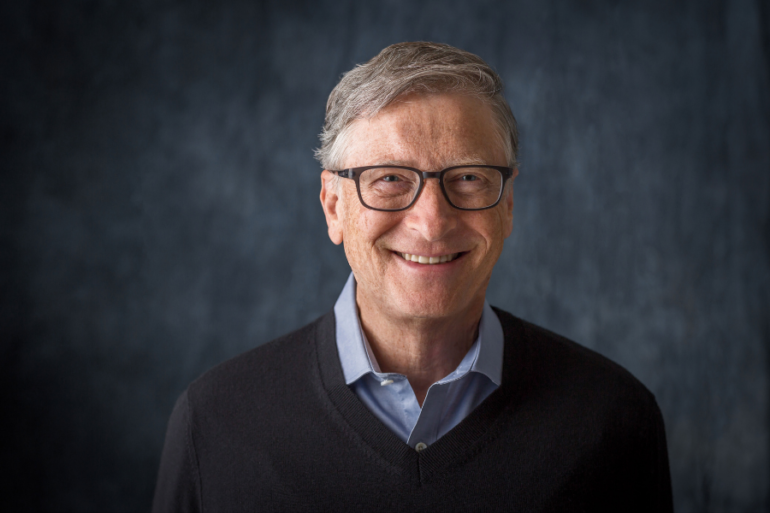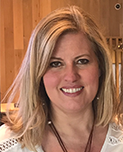In the mid-70s, Bill Gates turned the world on its ear with the creation of Microsoft. He is now looking to change the world again by coming up with a cohesive solution to the very sticky and complex problem of climate change. “In a typical year, the world emits over 51 billion tons of greenhouse gases,” says Gates in an introductory video for his new book, How to Avoid a Climate Disaster. “And as we keep doing that, the consequences for human life will be catastrophic.”
View this post on Instagram
Prior to releasing his book in 2020, Gates spent a decade investigating the causes and effects of climate change, tapping into experts in the fields of physics, chemistry, biology, engineering, political science and finance. His findings, as well as his strategies for tackling the issues, were the centerpiece of a recent Chicago Humanities Festival livestream.
In the hourlong event, the computer behemoth chatted with the two co-hosts of the Armchair Expert podcast, Dax Shepard and Monica Padman. One thing is clear: Gates is a man with a plan — or at least the beginnings of one — on how the world can go from 51 billion tons to zero greenhouse gas emissions in less than 30 years, or by the year 2050.

He shared that if Earth’s temperature shifts by as little as three degrees, it upsets the natural ecosystem of our planet and human life as we know will change dramatically. Evolution won’t be able to keep up, and there will be incredible unrest as people start migrating to those parts of the world where food can still be grown.
It’s a lofty goal to get to an emission-free planet, especially in 30 years, and will require massive transformations by and coordination amongst in the public, government and private sectors. As Gates described it, “Avoiding a climate disaster will be one of the greatest challenges humans have ever taken on.”
As far as the source of the problem, automobile emissions receive the lion’s share of the blame, but manufacturing and electricity are the largest two sources of greenhouse gases, making up 58% of all global emissions.

To tackle this, Gates points out:
- Our society must work towards eliminating the “green premiums” that consumers pay for climate friendly products. While electric cars currently cost upwards of 15% more than gasoline-powered vehicles, the higher cost of electric vehicles will eventually go down as technology and innovation opens to the door for manufacturers to cost-effectively make them. More car manufacturers are already starting to get on board with this idea, including General Motors, which recently pledged to make only electric cars by 2035.
- Along with a shift towards producing wholly green products, we need direct air capture methods to clean up current emissions. While methods for direct air capture are extremely expensive, Gates discusses how they can be reduced in terms of cost.
- We need to deploy the tools we already have — like solar and wind — faster and smarter. Electricity is the one area in which we can increase renewable energy, but it is not a 100% solution to the problem.
- The United States, which has led the world in the development of healthcare products and technology solutions, once again will need to channel its innovative power and step up to make products that are not only affordable for U.S. citizens, but also affordable for the rest of the world. “We (the U.S.) owe the world not just to reduce our emissions to zero; we owe the world a large share of innovation so that they can do it too,” says Gates.
It’s a lot to take on, but on his blog, Gates outlines the positives steps already taken, stating “that’s not pie-in-the-sky optimism. We already have two of the three things you need to accomplish any major undertaking. First, we have ambition, thanks to the passion of a growing global movement led by young people who are deeply concerned about climate change. Second, we have big goals for solving the problem as more national and local leaders around the world commit to doing their part. Now we need the third component: a concrete plan to achieve our goals.”
The livestream program was underwritten by Chicago-based Northern Trust and presented in partnership with Seminary Co-op Bookstores and Literati Bookstore.
More from Better:
- 7 Eco-Champions Bringing Positive Change to Chicago and Beyond
- Alicia Garza on What It Takes to Create Change
- Is This the Most Sustainable Home in Chicago?
Donna Berry Glass is a freelance writer in Marin County who writes mostly about family and kid-oriented topics. When she’s not writing, she enjoys spending time with her family exploring the natural beauty of Marin, snuggling with her Cavalier King Charles spaniel while reading a good book or whipping up something delicious in her space-challenged kitchen. Donna is a supporter of the California Academy of Sciences, a world class science museum and research institution, and the Institute on Aging which provides much needed services to seniors and disabled individuals.


